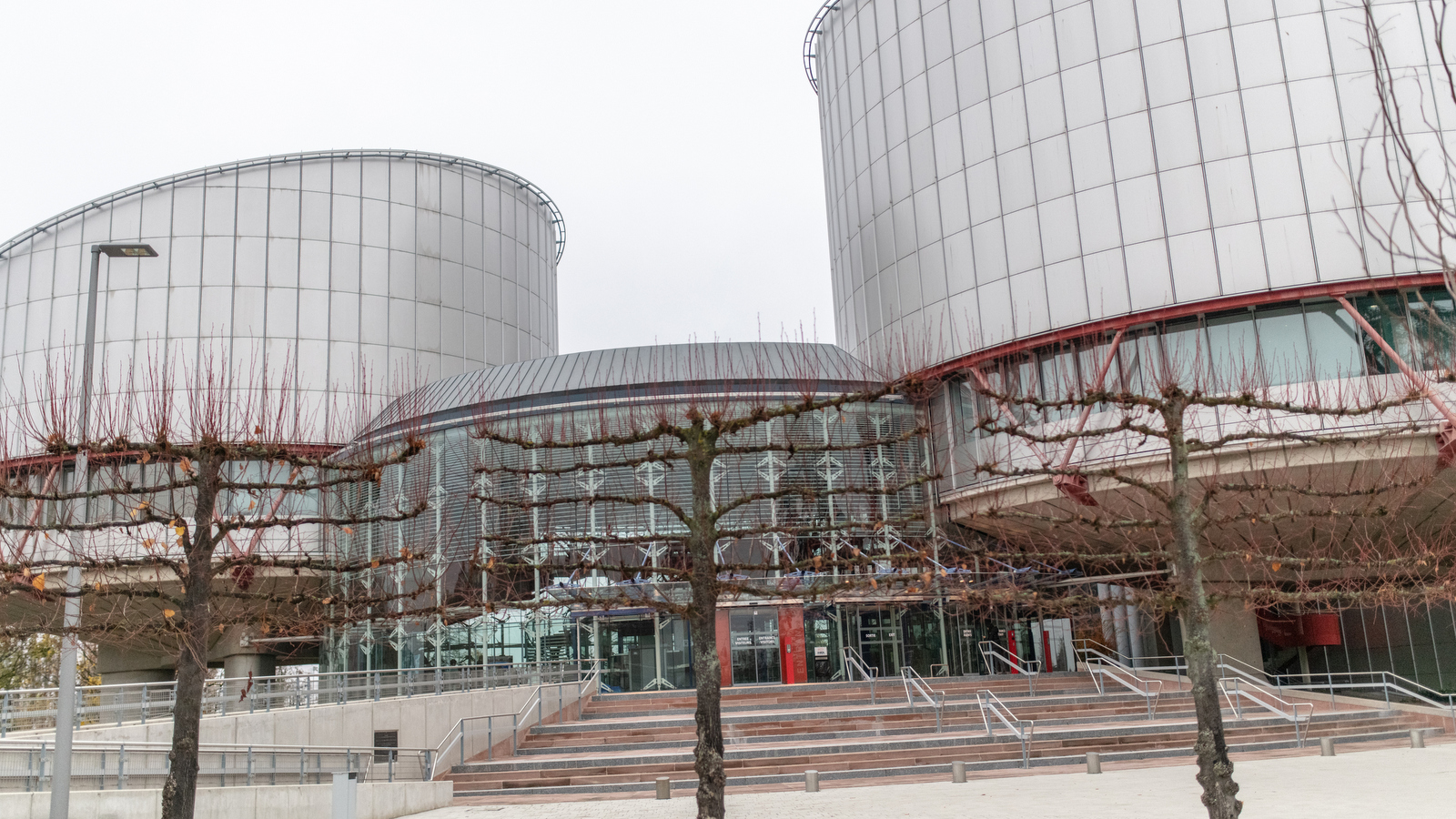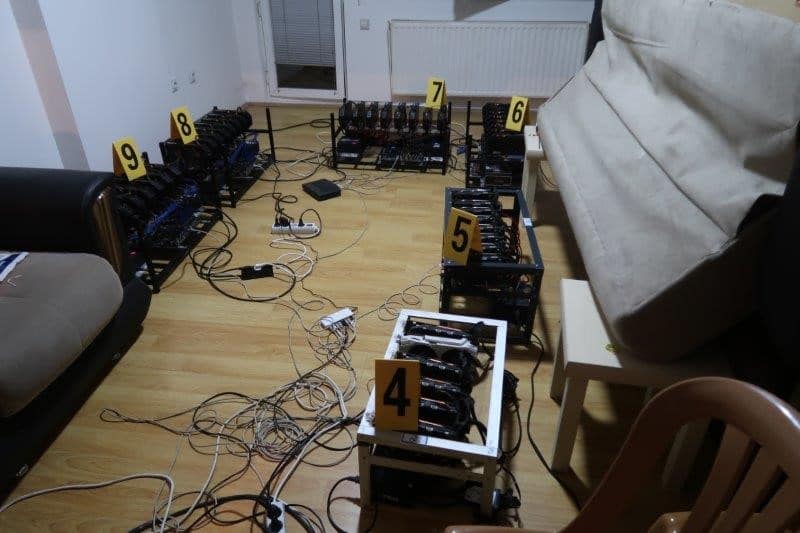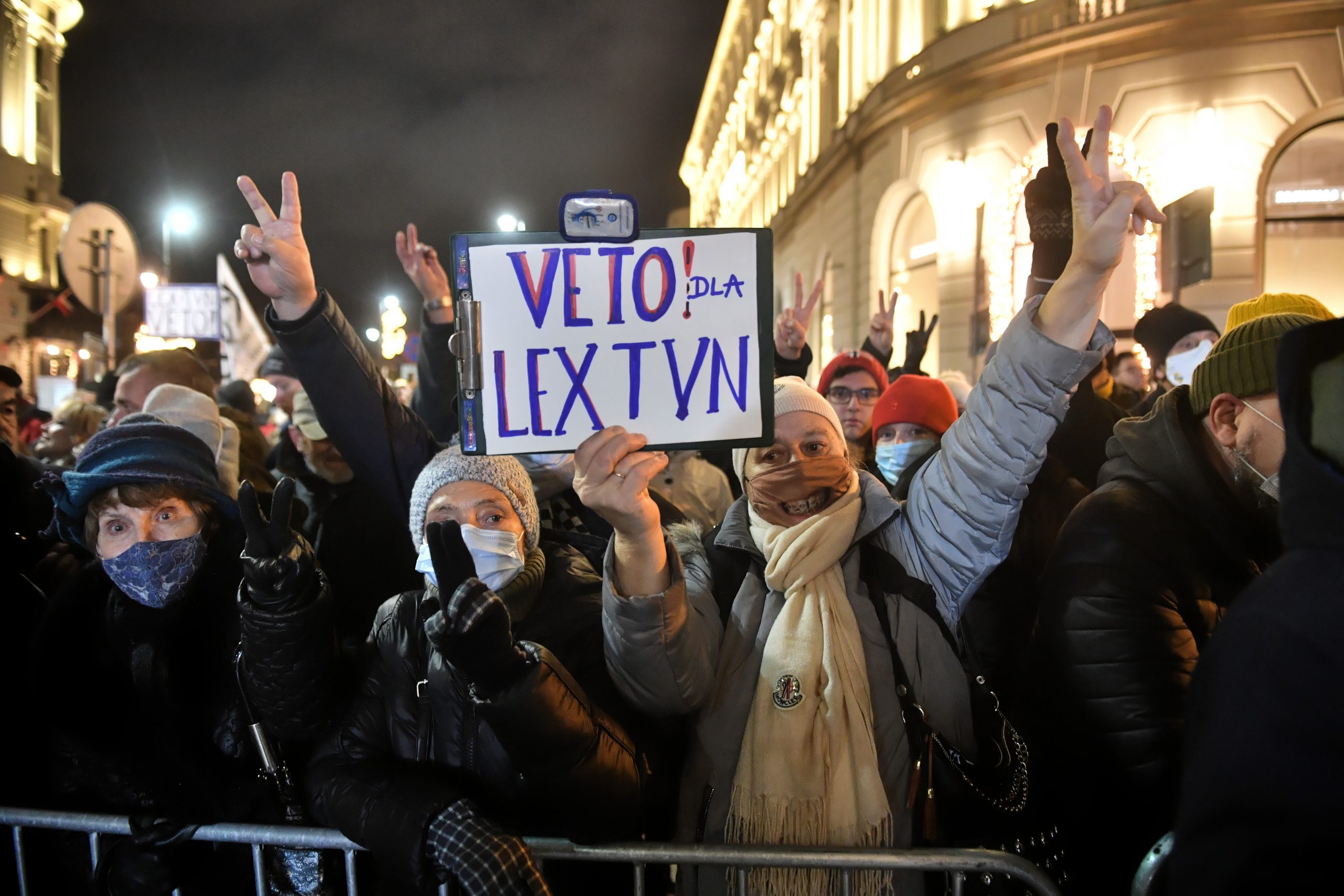The European Court of Human Rights in Strasbourg ruled on Tuesday in favour of two lawyers who claimed that under the system of secret surveillance in Bulgaria, the communications of anyone in the country can be intercepted and accessed by the authorities.
The two lawyers, Mihail Ekimdzhiev and Aleksandar Kashamov, complained that the laws governing the interception and retention of surveillance data do not provide sufficient safeguards against arbitrary or abusive surveillance and accessing of the data.
Ekimdzhiev and Kashamov also argued that Bulgaria’s National Bureau for Control of Special Means of Surveillance operates with limited transparency, and that there is no effective remedy if there are abuses.
Neither claimed that they had been put under secret surveillance, but argued that the nature of their activities put them at risk of being put under surveillance and therefore of having their communications data accessed by the authorities.
The Strasbourg-based court ruled that Bulgaria had violated the right to respect for private life and correspondence under the European Convention on Human Rights with regard to secret surveillance and to the retention and accessing of communications data.
“The system of overseeing secret surveillance in Bulgaria as it was currently organised did not appear capable of providing effective guarantees against abusive surveillance,” it said in a statement.
The court also said that the independence of the National Bureau for Control of Special Means of Surveillance “could not be guaranteed, particularly as its members were given prior vetting by an agency whose requests they were meant to oversee”.
The court also noted that there are limited ways in which people subjected to surveillance can find out about the process or request information about it.
“Ultimately, the court held that the relevant legislation governing secret surveillance, especially as applied in practice, did not meet the quality-of-law requirement of the [European] Convention and was unable to keep surveillance to only that which was necessary,” it added
Bulgaria was ordered to pay 3,290.69 euros in costs and expenses.
Kashamov is a well-known legal expert at the NGO Access to Information, dealing with human rights, administrative, civil, criminal and commercial issues.
In 2001, he represented the first-ever cases over discrimination in Bulgaria, and later was head of the Commission on Journalistic Ethics.
Last year, Kashamov sought to raise awareness of how local authorities are dealing with sensitive personal data during COVID-19 and criticised how the European Arrest Warrant, a cross-border judicial surrender procedure, is being implemented in violation of European law.
Ekimdzhiev is also a well-known lawyer. In 1998, he became the founder of the Association for European Integration and Human Rights NGO. Under the umbrella of the organisation, he has been conducting public interest cases and providing free legal aid, as well as training lawyers and journalists in the field of human rights.
Both Kashamov and Ekimdzhiev have criticised Chief Prosecutor Ivan Geshev and called for judicial reform in Bulgaria.
Bulgaria has seen several high-profile surveillance cases recently. They included President Rumen Radev being wiretapped by the prosecution in 2020 and the authorities allegedly eavesdropping on protesters and opposition leaders during a wave of protests the same year.










